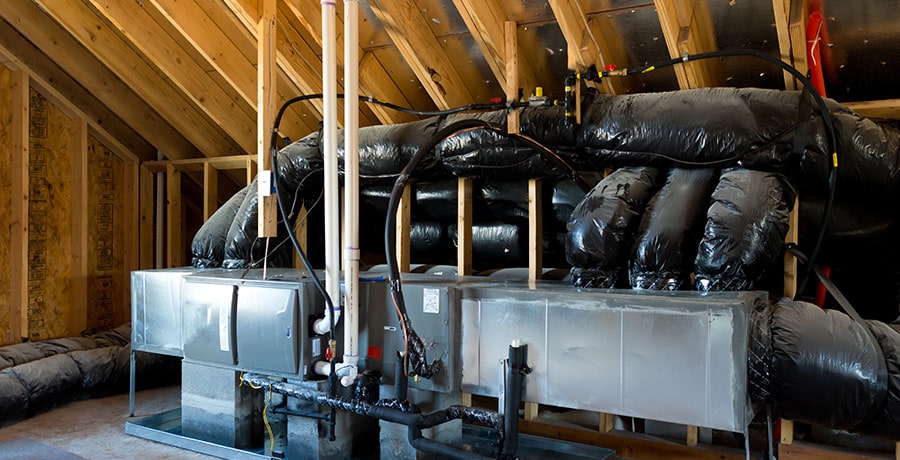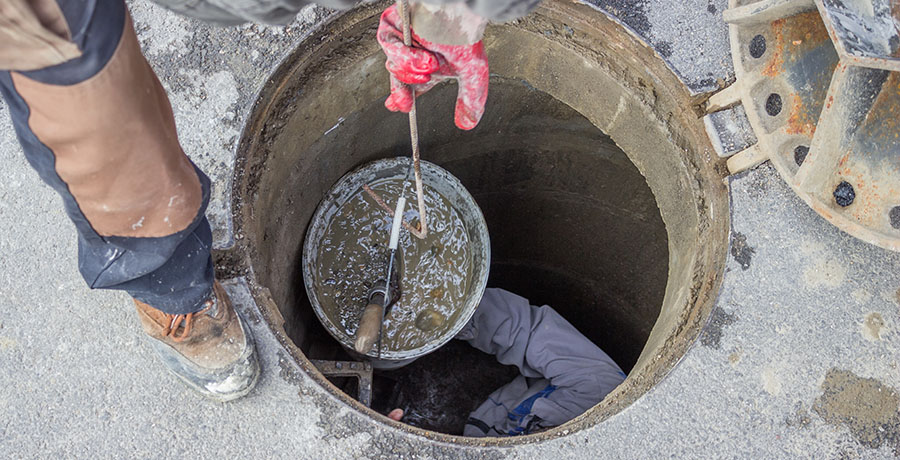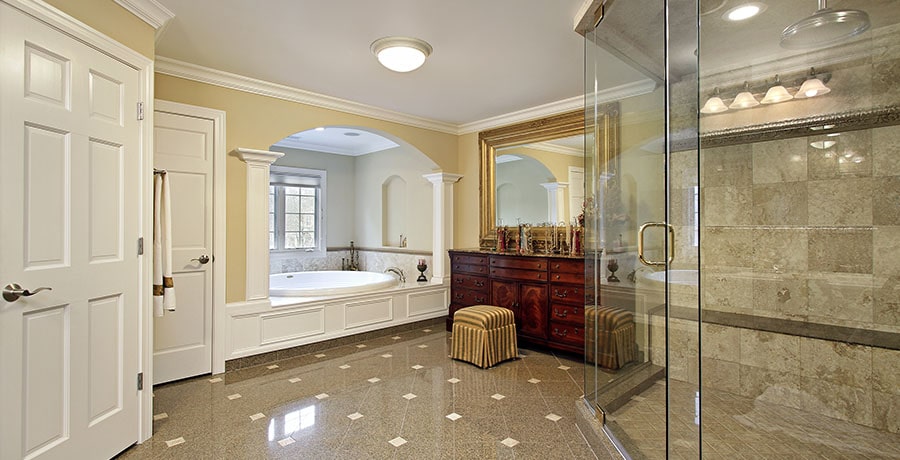
Having a furnace in your house especially if you live in a cold region can be a blessing. Although it is designed to keep your house warm and cozy, just like other home appliances, your furnace can come across some complications as well. One of the most common happens to be a furnace leaking water that should be inspected by a furnace repair service. Let’s look into the potential causes and how you can troubleshoot them. Let’s begin.
Humidifier Leak
Some furnaces have humidifiers attached to them. This helps keep the indoor moisture level balanced and offers many benefits. However, if there is a problem with the humidifier, it could cause a leak and make it look as if the furnace is at fault. A humidifier is most likely to leak due to a component malfunctioning or simply a clog.
If you notice a water leak around your furnace, you should not try fixing it on your own and instead call a professional. Typically, leakage issues in furnaces are not that complicated. If the humidifier is at fault, the expert will help fix the issue within minutes.
Condensation Leak
If your furnace is leaking water, a condensation leak might be the culprit. Plus, this is a common reason behind furnaces leaking water. The reason is that newer furnace models have high-efficiency ratings that require two heat exchanges to work properly.
This leads to the condensation process and the moisture escapes the house through pipes. If the pipes tend to break or develop some cracks, they might lead to leaking water. Unfortunately, you will not be able to fix the issue on your own. You might have to turn off the furnace for the day and call in an expert.
Clogged Filter
A surprising factor amongst furnace owners is that most of them are not even aware of the fact that furnaces come with air filters. These filters do the same job as in air conditions i.e. removing toxicants from the air before it is distributed inside the house.
Since the filters are designed to deal with air, they are prone to getting clogged sooner or later. Plus, if you own an older furnace, it might be time to replace the filters as well. You should consult the user’s manual for that.
If the filters tend to be clogged, you will find water leaking from the furnace. It could be due to a freezing coil. If you find out that the filters were clogged, you can clean and re-install them to see if the issue is fixed. If not, you will need to hire a professional to fix the issue.
Heat Exchanger Issue
Another possible reason for the furnace leaking water may be the heat exchanger issue. Heat exchangers are designed to transfer heat throughout your and during the process condensation is produced. However, sometimes, it could also lead to water leaks. Even though this issue is rare but can still take place.
Experts recommend users check the exchanger for leaks and if a problem is found, get it fixed immediately but it is going to be costly. You might simply need a new replacement. But only an expert will tell you if the exchanger is the root cause or something else.
Plumbing Leak
This is perhaps the most important point you need to keep in mind if you have a furnace that is leaking water. Sometimes, the problem may lie with the plumbing system instead of the furnace, making you believe that the furnace has gone wrong. And since the plumbing pipes are installed near or in the surrounding of the furnace, it is easy to assume that the furnace is at fault.
A plumbing leak could be due to a blockage or simply the pipes needing replacement due to old age. Then again, this is something you cannot do on your own, so you should better call in a professional.
Conclusion
Fixing a furnace that is leaking water should not be complicated. However, since prevention is better than cure, you should make sure your furnace is maintained by furnace services Tyson’s Corner. Also, you regularly check it for any unusual signs and symptoms to fix them before the winter season sets in.



